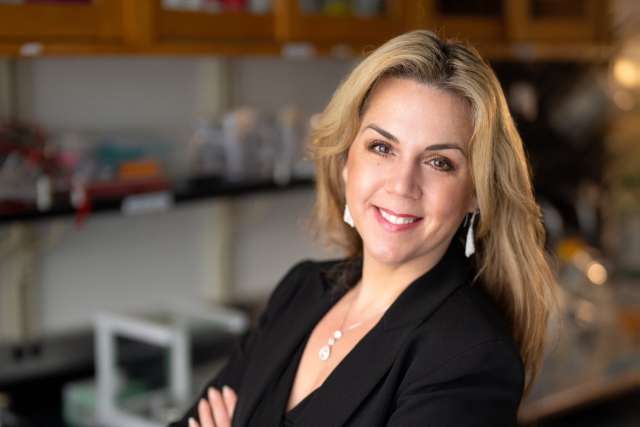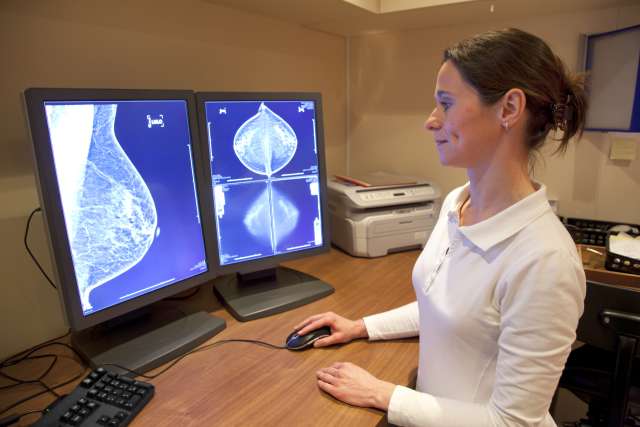Dr. Tanya Stoyanova, associate professor of molecular and medical pharmacology and urology at the , was awarded a $1.8 million grant from the National Cancer Institute to identify new drivers and test new therapeutic strategies for advanced treatment-resistant prostate cancer.
Advanced prostate cancer, whether present at the time of diagnosis or arising after treatment for early-stage disease, usually responds well to hormone therapy. However, the hormone therapy eventually stops working and the cancer often returns in a more aggressive form known as hormone-refractory prostate cancer — the leading cause of death related to prostate cancer.
The five-year grant will support Stoyanova and her research team in testing the role of a specific protein called ATPase family AAA domain-containing 2 (ATAD2) in prostate cancer and further test its utility as a therapeutic target. The team will test inhibitors of ATAD2 alone and in combination with standard of care drugs as a new strategy to treat advanced hormone-refractory prostate cancer.
“This study will reveal new molecular mechanisms underlying the development of advanced prostate cancer and lead to the discovery of new potential therapies for the disease,” said Stoyanova, who is also a member of the and the . “Our hope is that these therapeutic agents will lead to better outcomes for patients with advanced prostate cancer in the near future.”
Team of co-investigators includes Dr. Arnold Chin, associate professor of urology at the David Geffen School of Medicine at UCLA and Dr. Jiaoti Huang, professor and chair of pathology at Duke University.





